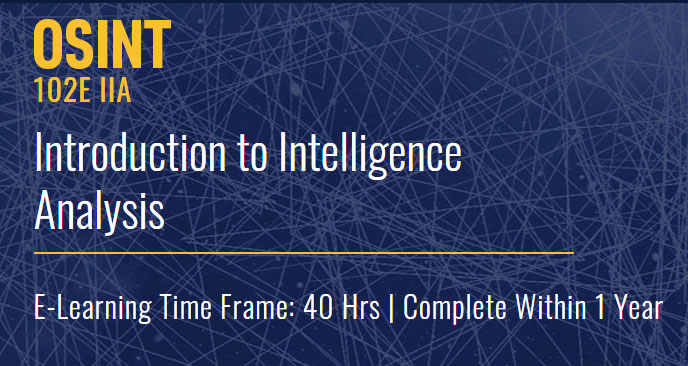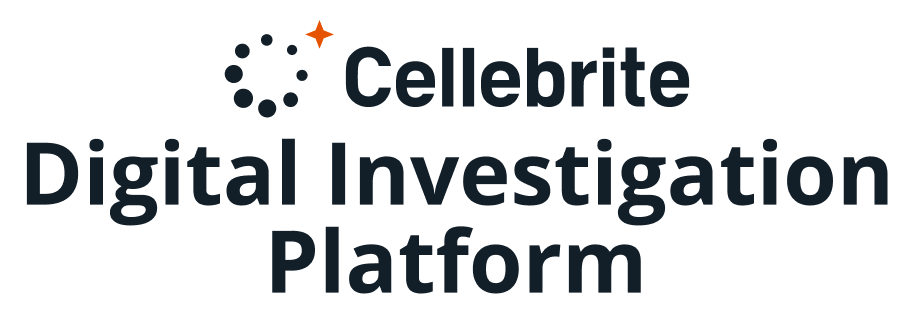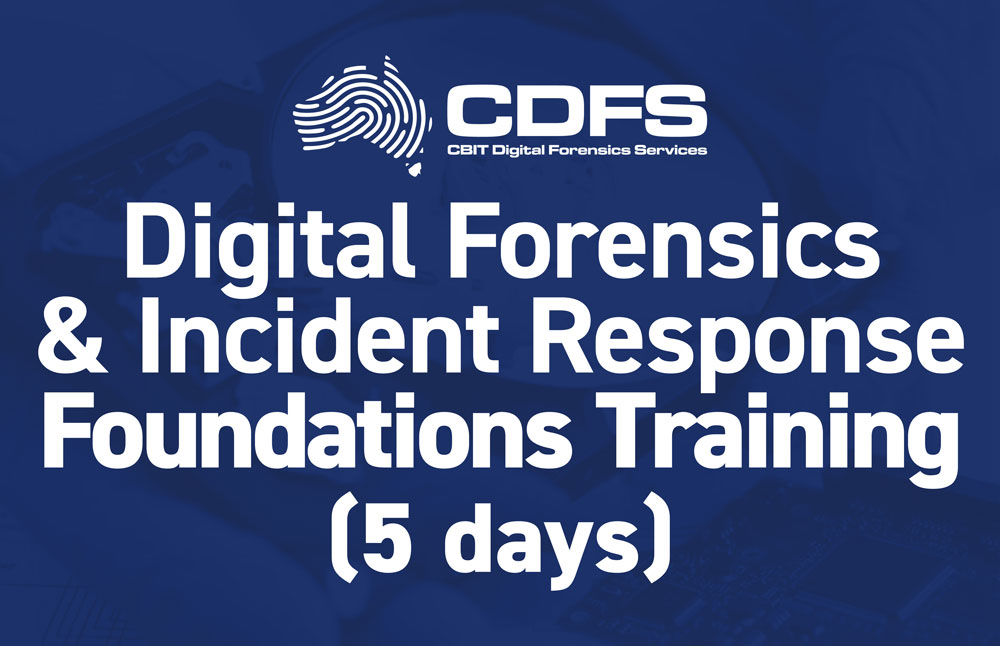
This course provides a rich and interesting opportunity to explore the key concepts and intellectual foundations which inform intelligence analysis activity. Students will develop awareness of, and gain experience in, using common tools and methodologies to conduct analysis assignments, as well as learn how to fashion one’s insights and ideas in a way that communicates effectively to clients and other intelligence consumers. A variety of learning activities, practical assignments, and quizzes are used to reinforce key concepts.
Level 1
The first level of this course represents an introduction to the basics of intelligence analysis – explaining core concepts and underlying processes, and providing practical instruction on improved ways of thinking, basic analytic techniques, and effective communication of analytic findings to clients and consumers.
- Intelligence and intelligence analysis explained
- Critical thinking skills
- Direction and tasking of intelligence activities
- Data collection and planning
- Data evaluation, collation, and processing
- Introduction to analysis and analytic techniques
- Data visualization methods
- Exploring structured analytic techniques
- Communicating intelligence findings
Level 2
Level 2 lessons represent an expansive and more in-depth exploration of the issues introduced in Level 1. Students are provided opportunities to think about the various functional and organizational contexts in which intelligence analysis might be productively used, consider lessons derived from intelligence failures, develop hands-on familiarity with a variety of advanced analytic techniques, and to refine their report writing skills.
- Intelligence and intelligence analysis applications – exploring sectoral differences
- Improving intelligence analysis – learning from intelligence failures
- Pattern analysis techniques
- Analysis of competing hypotheses
- Imaginative thinking tools
- Diagnostic analytic tools
- Analytic challenge techniques
- Threat analysis and assessment techniques
- Building analytic writing skills
- Putting it all together – becoming an effective analyst
Technical Requirements
Students must have a computer capable of accessing:
- The World Wide Web
Each student must have a basic working knowledge of:
- Word Processing Software: Microsoft Word or equivalent
- Presentation Software: MS PowerPoint or equivalent
- A Web Browser: Internet Explorer, Safari, Chrome, Mozilla Firefox, or equivalent
- A PDF reader: Adobe Reader version 7.0 or above. Download for free here.
Who Benefits?
- Analysts
- Analyst Supervisors, Managers
- Intelligence Managers
- Public Sector Planners
- Researchers
- Government Policy Officers
- Investigative Personnel
- Military Personnel
- National Security Personnel
- Law Enforcement Officers
- Government Regulators
- Marketing Personnel
- Competitive Intelligence Professionals
- Security Personnel
- Legal Professionals
- Information Specialists




